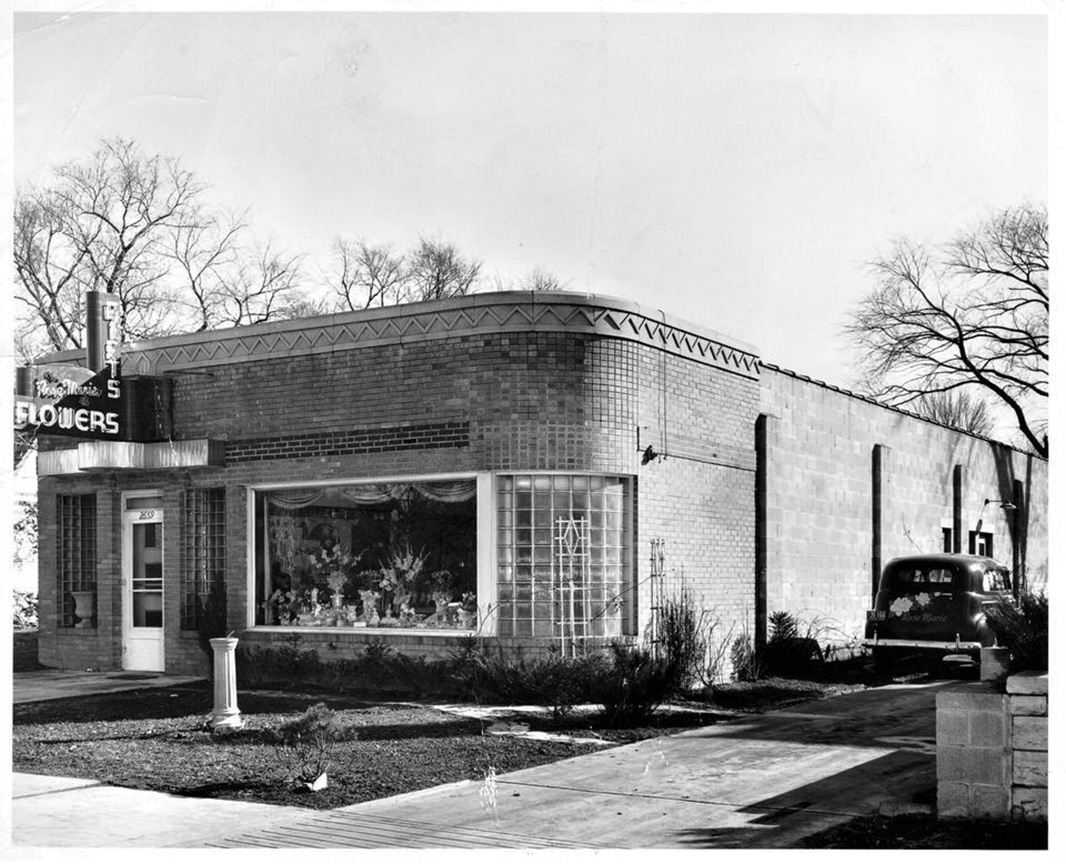
By Michael Bushnell
Northeast News
Jan. 26, 2011
“I won’t be reconstructed, I’m better now than then.
And for a Carpetbagger I do not give a damn.
So it’s forward to the frontier, soon as I can go.
I’ll fix me up a weapon and start for Mexico.”
The above verse is attributed to Confederate General Joseph O. Shelby, who made his “last stand” during his retreat from Union Forces during the Battle of Westport in October of 1864.
The memorial shown in this Southwest News hand-colored postcard was erected in Forest Hill Cemetery at 69th and Troost in the early part of the 20th Century.
It pays homage to the Confederate soldiers who lost their lives during the Battle of Westport.
Between September and November of 1863, during what was dubbed “Shelby’s Great Raid,” Shelby led his troops on a 1,500-mile march through Missouri, inflicting heavy casualties on the union Army wherever he engaged them.
Rather than surrender to the Union Forces in 1865, Shelby and approximately 1,000 of his men rode south into Mexico and offered their services to Emperor Maximilian as a foreign legion.
Shelby and his men were immortalized in verse (above) as the undefeated.
Maximilian granted Shelby and his men land near present day Vera Cruz. The grant, however, was short-lived as Maximilian was executed during a rebellion.
In 1867, Shelby returned to Missouri and took up farming.
He was appointed as Federal Marshal in western Missouri and testified in the defense trial of Frank James.
Shelby died in Adrian, Mo., in 1897 and is buried near the memorial in Forest Hill Cemetery.
The memory of Shelby and his men were used loosely as the basis for the 1969 John Wayne, Rock Hudson film, “The Undefeated.”
The postcard was sent to Mrs. S.C. Gray of Chouteau, Ill., and the message reads: “Are having a fine time. Went to the Shubert [Theater] with Jim and Bertha.
“Watched the parade with all the crowd. Am going to Electric Park this p.m. Will come home Sat a.m.
“I think we’ll write if we change our mind. Love to all. 1205 W. 20th Street.
Shelby moved from Kentucky to Missouri in 1852 and settled near Waverly, overlooking the Missouri River just east of Lexington.
In 1861, he formed what became known as Shelby’s “Iron Brigade.”



















